These deaths and injuries are not exclusive to high-risk environments such as those involving complex plant as simple storage vessels can be fatal too.
For anyone working in confined spaces, the safety of yourself and your employees should be of paramount importance as just a simple mistake could lead to a situation that could end in a fatality.
The law states that you must carry out a suitable and sufficient assessment of the risks for all work activities to decide what measures are necessary for safety (under the Management of Health and Safety at Work Regulations 1999, regulation 3). For work in confined spaces this means identifying the hazards present, assessing the risks and determining what precautions to take.
What is a confined space and what are the dangers?
It is not possible to provide an exhaustive list of confined spaces. Some places may become confined spaces when work is carried out, or during their construction, fabrication or subsequent modification. However, some examples of a confined space are:
- storage tanks
- silos
- reaction vessels
- enclosed drains
- sewers
There are seven main hazards that have been directly linked to working within confined spaces:
-
Lack of oxygen - this can occur when oxygen is removed from the atmosphere due to naturally occurring reactions perhaps from certain types of soils, rust build up or chalk/limestone producing carbon dioxide.
-
Gases and fumes - these can build up in confined spaces, especially where there is poor ventilation.
-
Flooding - this could be the threat of liquids, such as within drains or sewers, or solids if for example, an underground space collapses.
-
Dust - either naturally occurring dust or dust built up from works taking place could lead to respiratory problems if there is a lack of ventilation.
-
Explosions - flammable vapours, liquids and gases within a confined space can all increase the risk of fire and explosions. Excess oxygen could also play a part in this risk.
-
Temperature - undertaking strenuous physical work within a confined, hot space with poor ventilation could lead to heat stroke, exhaustion and collapse.
-
Restricted access - confined spaces are usually hard to access and there may not be room for more than one person, which makes it difficult to make a quick exit if needed or to provide assistance if someone needs help.
Utilise our purpose-built facility
At PETA we recognise the importance of high quality confined space training. In 2019 we took the positive steps to commission and install a purpose-built confined space training unit, which is now permanently located at our Portsmouth training centre.
The unit was designed and manufactured with confined space training in mind and enables our trainers to deliver course content that is relevant to a range of confined space scenarios. In turn it provides course participants with the opportunity to gain real-life experience of confined space environments, giving them the chance to put into practice the procedures and processes taught on the courses, as well as the ability to ask questions afterwards to further aid their learning.
Confined space courses at PETA
The content of the courses will vary depending on which course you opt for, but the following vital learning will be covered:
- Hazards and risks of working in confined spaces
- Application of control measures
- Safe use and pre-inspection of equipment: gas monitoring, entry equipment (tripod, winch, fall arrest, harnesses)
- Safe use of compressed air escape breathing apparatus
- Application and importance of safe systems of work
- Reacting safely and effectively in an emergency
Upcoming courses
Confined Space Entry and Awareness (1 day)
26 March 2021
30 April 2021
29 June 2021
27 August 2021
IOSH Confined Space Working in Medium Risk (2 days)
12-13 April 2021
17-18 May 2021
12-13 July 2021
We can also offer company-sponsored training, whereby we’ll deliver the training solely to your team, at our premises, on a date that works best for your business.
Get in touch to find out more about the company sponsored option or book onto one of our scheduled courses online today!
Source: www.haspod.com
Sign up to receive news and updates...
Our customers have access to cutting edge information and insights, specifically tailored to them and their industry. Get the latest opinion and expert views through news, events, case studies and apprentice stories.
